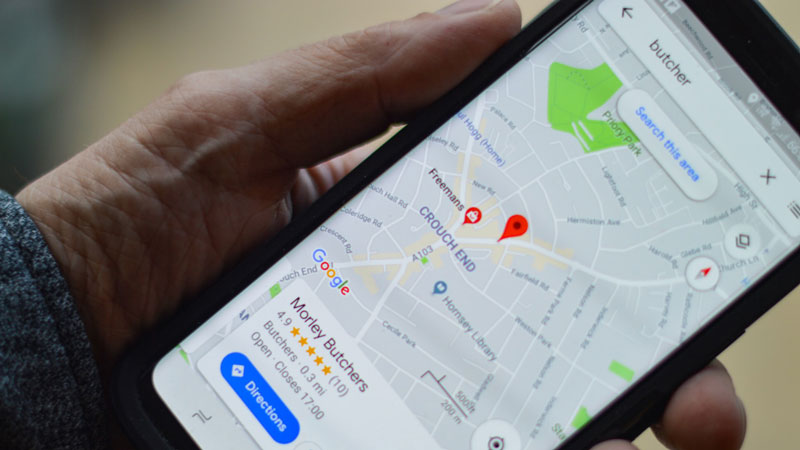In the vast realm of the internet, where billions of web pages compete for attention, search engines play a vital role in connecting users to the information they seek. Among the many acronyms associated with the world of SEO, “SERP” stands tall as one of the most crucial concepts to understand. Are you curious to know what exactly SERP is and why it matters to your online presence? Join us as we dive into the fascinating world of SERP and discover how they can make or break your digital success.
What is SERP?
SERP, short for Search Engine Result Page, refers to the page displayed by search engines in response to a user’s query. It serves as a virtual battleground where websites compete for visibility and user clicks, aiming to secure a coveted spot among the top search results.
Let’s dissect a typical SERP to understand its key components. From the organic search results and featured snippets to paid ads and knowledge panels, each element serves a unique purpose in providing relevant information to users.
The Significance of SERP for SEO
At its core, the SERP is a reflection of a search engine’s complex algorithm, designed to deliver the most relevant and valuable results to users. Over the years, search engines have evolved to provide not just traditional organic results, but also an array of rich features, such as featured snippets, knowledge panels, local packs, image and video carousels, and more. This dynamic presentation of results has transformed the way users engage with search engines and has consequently redefined the strategies that SEO practitioners employ.
1. Information Retrieval
SERPs serve as a means of quickly retrieving relevant information from the vast expanse of the internet. Users rely on search engines to provide them with accurate and useful results that match their queries.
2. User Experience
The design and layout of a SERP can greatly impact the user experience. Search engines aim to provide a user-friendly interface that presents information in an organized and easily navigable manner.
3. Visibility and Traffic
For website owners and businesses, appearing on the first page of SERPs is highly desirable. This is because the majority of users tend to click on the results displayed at the top of the page. Ranking high on SERPs can drive substantial organic (non-paid) traffic to a website.
4. Click-Through Rate (CTR)
CTR is the ratio of users who click on a specific link to the number of total users who view the page. SERPs influence CTR significantly, as users are more likely to click on relevant and appealing titles and descriptions.
5. Search Engine Optimization (SEO)
SEO involves the process of enhancing a website’s content and structure to boost its prominence on search engines. Understanding SERPs and their features (such as featured snippets, knowledge panels, etc.) is crucial for effective SEO strategies.
6. Paid Advertising
Alongside organic results, SERPs often display paid advertisements, marked as such. Marketers place bids on particular keywords to ensure the display of their advertisements when users search for those specific terms. These ads appear at the top of the page and can be an effective way to drive targeted traffic to a website.
7. Local Search
For businesses with physical locations, local search results on SERPs are essential. These results display information such as business hours, location, contact details, and reviews. Appearing in these results is crucial for attracting local customers.
8. Featured Snippets
Featured snippets are concise summaries of information displayed at the top of some search results. They provide users with quick answers to their queries, often taken directly from relevant web pages. Being featured in a snippet can significantly increase a website’s visibility and traffic.
9. Mobile Search
With the rise of mobile devices, mobile-friendly SERPs have become increasingly important. Mobile search results are designed to be responsive and suitable for smaller screens.
10. User Intent Understanding
SERPs and the results they display reflect search engines’ understanding of user intent. By analyzing the types of results provided, businesses and content creators can gain insights into what users are looking for and tailor their strategies accordingly.
Conclusion
Understanding and harnessing the power of SERP is paramount to achieving online success. By optimizing your website for SERP, you can attract more organic traffic and engage your target audience. Unlock the full potential of your SEO strategy, and embark on a journey to conquer the search engine rankings.





